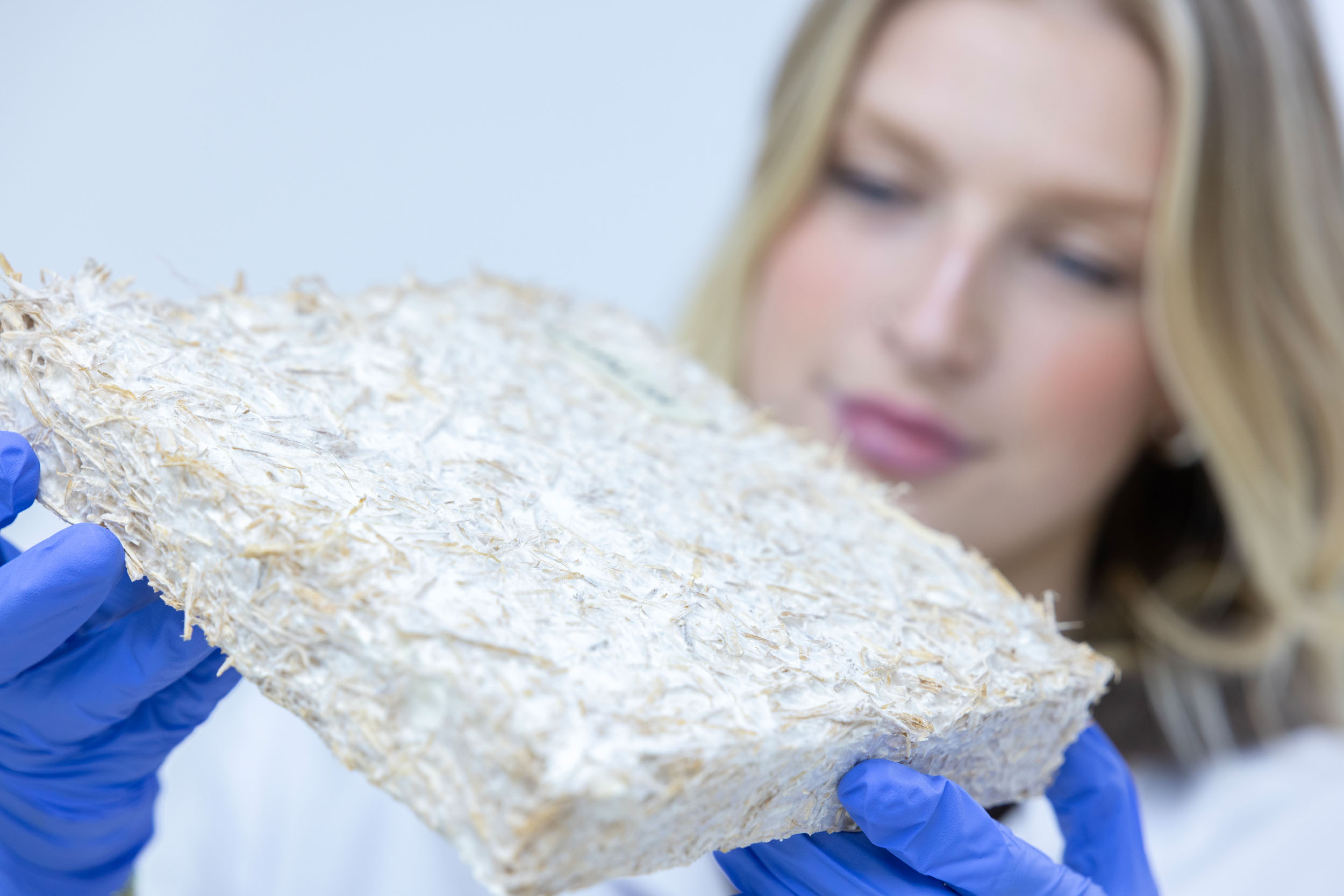About MNEXT and the Biobased Construction Team
The construction industry has a major environmental impact: it consumes vast amounts of resources and concrete production alone is responsible for a significant share of global CO₂ emissions. Cement, a key ingredient in concrete, accounts for around 8% of global CO₂ emissions and drives large-scale extraction of finite raw materials, with consequences such as habitat destruction, biodiversity loss, and social inequality. While many research initiatives are exploring sustainable and biobased concrete, challenges remain in durability, scalability, and compliance with strict performance standards.
At MNEXT, the Biobased Construction team focuses on the materials transition within the built environment. Our researchers are spread across Breda, Den Bosch, and Middelburg, with diverse fields of expertise. You will join a supportive, multidisciplinary environment where collaboration and innovation are central.
Assignment Description
This feasibility study investigates the potential of binding clay with mycelium to develop a biobased alternative to cement in concrete production.
MycoClay leverages mycelium’s natural binding capabilities and clay’s structural properties to create a circular, durable component that could partially or fully replace cement. Because this combination is largely unexplored, the research will focus on systematically studying different mycelium–clay–fibre combinations and assessing their properties.
Your main tasks will include:
- Conducting a thorough literature review to map out existing research and currently tested properties
- Working in the mycelium laboratory to fabricate material samples (in-person at the JRCB laboratory facilities in Breda)
- Performing property tests to establish the material boundaries and performance of different combinations
- Brainstorming potential applications and developing early-stage prototypes
- The findings will demonstrate mycelium’s capacity to bind with clay and help narrow down promising formulations for further development of MycoClay-inspired concrete. Your work will form an important foundation for future sustainable biobased construction materials.
Desirable Skills
We are looking for a student who:
- Can work independently and carry out laboratory research after an introduction
- Has a background in materials science, environmental science, product design, and/or biology
- Is studying at HBO or university level (both are welcome)
- Is motivated to contribute to sustainable construction and enjoys hands-on experimentation
- Is comfortable working in an international, research-driven environment
Practical Details
Location
JRCB laboratory facilities, Breda (with a broader Biobased Construction team across Breda, Den Bosch and Middelburg).
Internship Duration
Approximately 20 weeks (graduation or internship assignment; starting date to be agreed upon).
Working Language
English.
Compensation
Internship fee of €400 per month.




